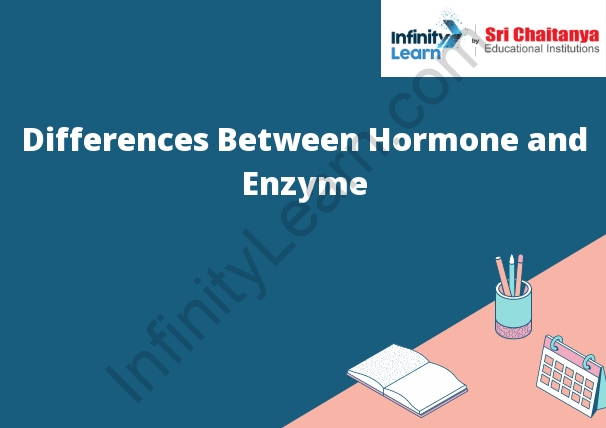Table of Contents
Enzymes vs Hormones
Enzymes are proteins that catalyze biochemical reactions, while hormones are signaling molecules that originate from endocrine glands and circulate in the blood to target cells. Enzymes are responsible for the chemical reactions that occur in the body, while hormones are responsible for the communication between different tissues in the body. Enzymes are found in all tissues in the body, while hormones are produced by specific tissues, such as the pancreas, thyroid, and pituitary gland. Differences Between Hormone and Enzyme.

Enzymes are proteins that act as biological catalysts (biocatalysts). Catalysts accelerate chemical reactions. The molecules upon which enzymes may act are called substrates, and the enzyme converts the substrates into different molecules known as products. Almost all metabolic processes in the cell need enzyme catalysis in order to occur at rates fast enough to sustain life. Metabolic pathways depend upon enzymes to catalyze individual steps. The study of enzymes is called enzymology and the field of pseudoenzyme analysis recognizes that during evolution, some enzymes have lost the ability to carry out biological catalysis, which is often reflected in their amino acid sequences and unusual ‘pseudocatalytic’ properties.
Enzymes vs Hormones
The main difference between enzymes and hormones is that enzymes are proteins that catalyze biochemical reactions, while hormones are secreted by endocrine glands and travel through the bloodstream to affect distant tissues. Differences Between Hormone and Enzyme.
The Difference Between Enzymes and Hormones
Enzymes are proteins that catalyze chemical reactions in the body. They are produced by the body and are essential for life. There are many different types of enzymes, each with a specific function.
Hormones are chemicals that are produced by glands in the body and circulate in the blood. They are responsible for regulating many body functions, including growth and metabolism.




